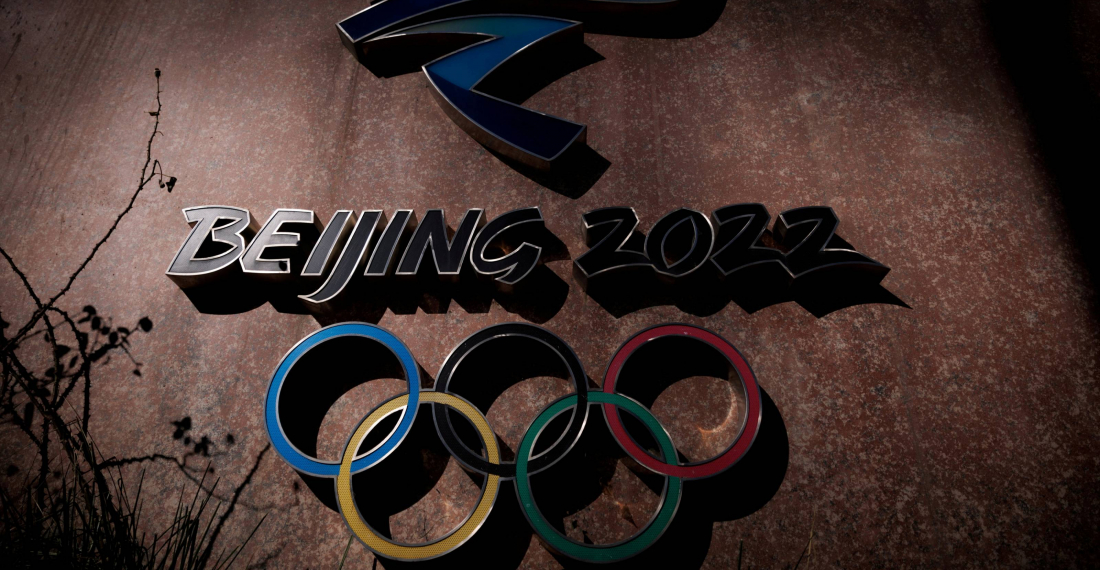The Biden administration has announced that it will not send government officials to the Winter Olympics in China in February 2022. The White House confirmed last Monday (6 December) that no US government officials and high-ranking diplomats will be present in China during the Olympics.
Both Democrats and the Republicans in Congress have previously urged a diplomatic boycott of the Olympics, partly due to human rights abuses against the country's Uyghur minority in Northwest China. American athletes participating in the Olympics will receive the government's full support.
The opening ceremony of the Beijing Winter Olympics is scheduled for 4 February and the closing ceremony will take place on 20 February 2022.
In mid-November, US President Joe Biden said he was considering a diplomatic boycott. Australia and the United Kingdom are also considering keeping their government representatives at home. Governments usually send an extensive delegation of high-ranking diplomats to the opening ceremony of the Olympic Games.
China has already announced that it will retaliate against a boycott. The absence of an official delegation is a "downright political provocation", said Chinese Ministry of Foreign Affairs spokesman, Zhao Lijian, who did not elaborate on the possible retaliatory actions.







